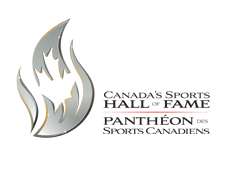Home | Major Sporting Events | British Empire Games/Commonwealth Games
1978 Commonwealth Games - Edmonton
PreviousNext
The eleventh Commonwealth Games were the first to adopt a name that did not specifically refer to the British Empire. Held in Edmonton, Alberta the event celebrated instead the diversity of the modern Commonwealth, an evolving community described by Her Majesty Queen Elizabeth II as 'a voluntary association of friendly nations.'
The 1978 Commonwealth Games were staged by a more confident, unified Canada, still aglow with pride following the 1967 Centennial celebrations. The theme of the opening ceremonies was "Canada Welcomes the Commonwealth", and performances emphasized the nation's multicultural heritage. During the Games, cultural representatives from 25 Commonwealth countries joined over 400 Canadian artists in free exhibitions and performances throughout the city, an expansive program known as FESTIVAL 78. Closing ceremonies further underscored the diversity of the Commonwealth, as performers ranging from Samoan fire dancers to Caribbean steel drummers invited spectators to see themselves as part of a rich intercultural tapestry.
Over 10,000 local volunteers won visitors over with their warm hospitality in Edmonton, hosting nearly 1,500 athletes from 46 nations. Canada dominated the competition, winning the most overall medals with a total of 109, including 45 gold. Spectators were delighted when 15 year old swimmer Carol Klimpel, who had only competed at the national level once before, won gold medals in the 100 metre and 400 metre freestyle relay races. In athletics, Diane Jones-Konihowski collected 4,768 points in the women's Pentathlon, the highest score ever at a Commonwealth Games, and third highest in the history of the sport.
Competing in front of a hometown audience in a pool named after his late father, Edmonton swimmer Graham Smith provided one of the most moving stories of the 1978 Commonwealth Games. A celebrated Canadian swimming coach, Don Smith passed away after battling cancer in 1976, leaving his children to carry on his legacy. Graham had first dreamed of swimming competitively after participating in a father-son relay as a young child. Whenever his confidence faltered, his father had offered guidance and encouragement to keep pursuing his goals. While competing at the 1976 Olympic Games in Montreal, the young swimmer wanted more than anything to win a gold medal before his ailing father passed away. Struggling to control his emotions, Graham won silver with the men's 4x100 metre medley relay team, but was unable to reach the Olympic podium in individual events.
In 1978, Graham turned to the Commonwealth Games with a renewed sense of purpose. Still determined to honour his father's mentorship and memory, his approach was now methodical, focused on executing each stroke of each race rather than dreaming of the end result. Swimming ten races in six days, his success was nothing short of breathtaking. In front of elated crowds, Graham Smith demonstrated the power of balancing emotional inspiration with discipline and focus by winning six gold medals, a new Commonwealth record.
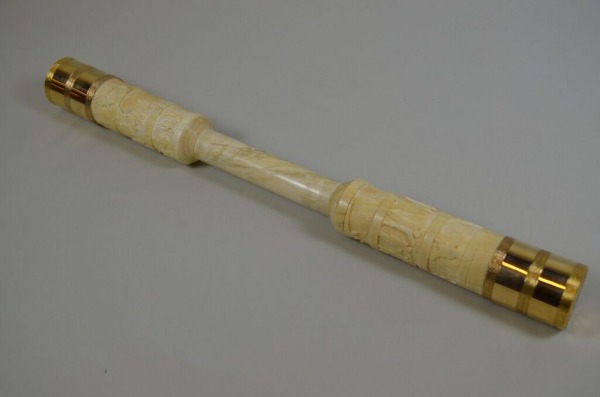
The Queen's baton relay was started in 1958 at the Cardiff Commonwealth Games. The relay always starts at Buckingham Palace and the Queen's message, which is carried inside the baton, is read at the Opening Ceremonies. The baton for the 1978 Commonwealth Games was a carved narwhal tusk with gold caps.
Collection: The City of Edmonton Artifact Centre
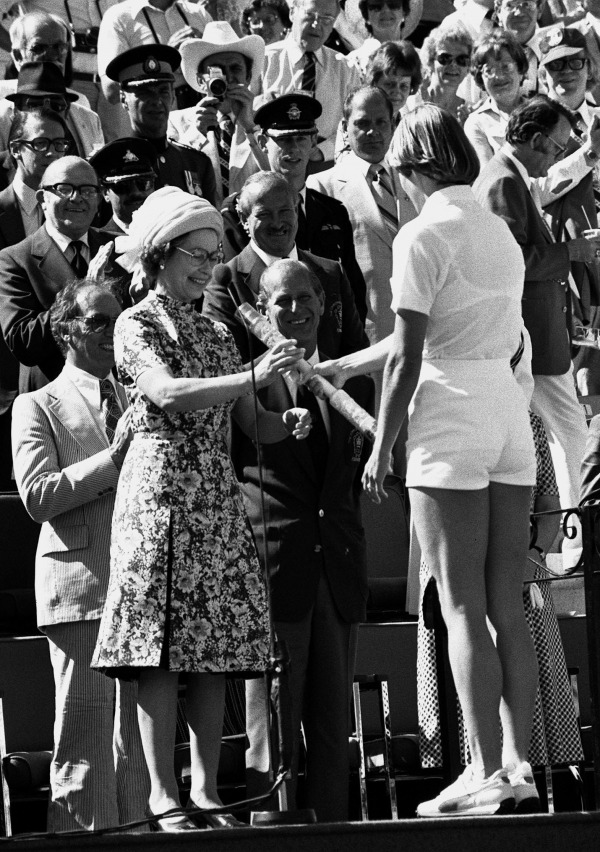
The final relay carrier for 1978 was Diane Jones Konihowski who competed in the pentathlon. The Queen's message for the 2010 Games in Delphi said: "I firmly believe that when countries can compete in sports together like this, it serves as an inspiration to all nations to work together for peace throughout the world".
Collection: CP PHOTO/Rod MacIvor
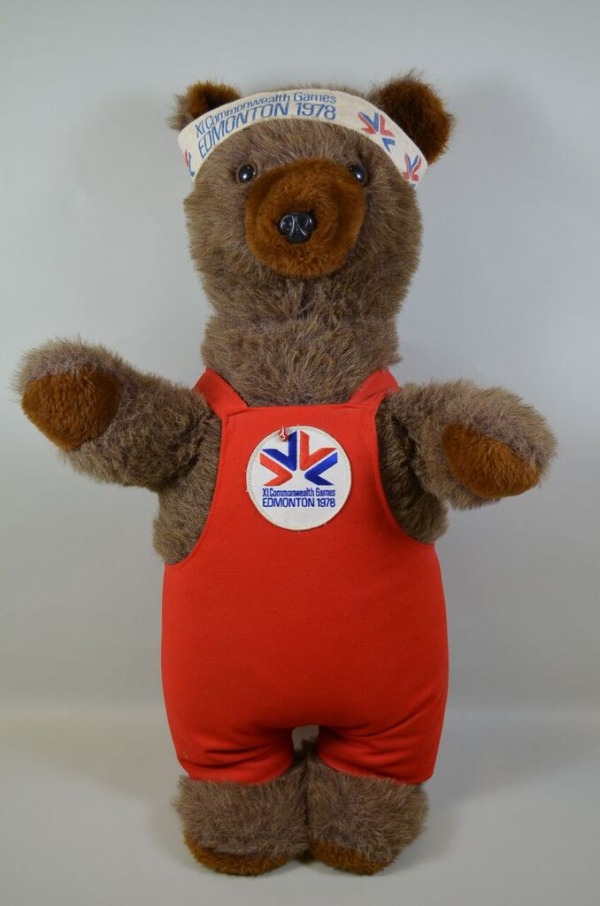
The Mascot for the 1978 Commonwealth Games was a Swan Hills Grizzly bear named "Keyano". The name is a Cree word which means unity and brotherhood, two values that were emphasized during the Commonwealth Games.
Collection: The City of Edmonton Artifact Centre
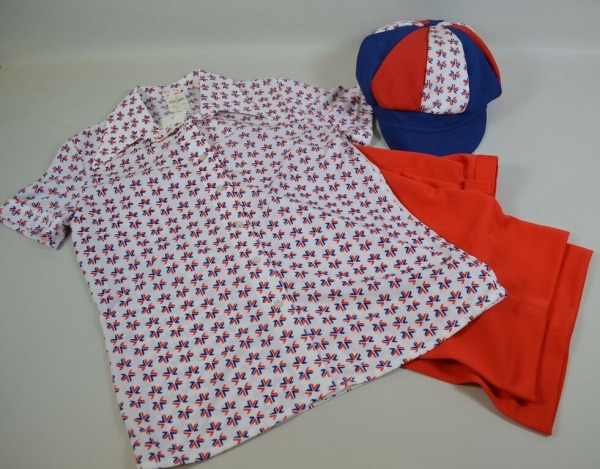
The Commonwealth Games were staged with the help of many volunteers who wore uniforms like this one. Edmontonians considered volunteering to be a civic duty and a labour of love in order to bring off a highly successful event. Volunteer involvement has always been a hallmark of any international sporting event held in Canada and Edmonton put on a well organized and exciting event.
Collection: The City of Edmonton Artifact Centre
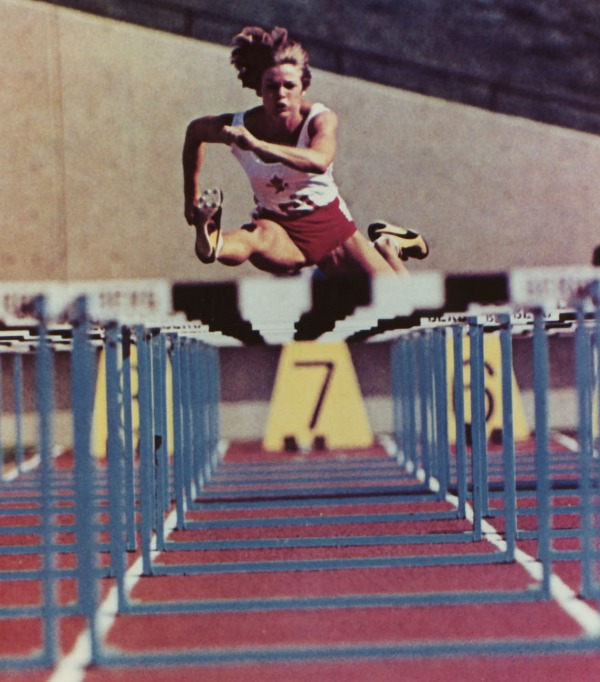
Diane Jones Konihowski was one of the top athletes in her event in the world and won two gold medals at the 1978 Commonwealth Games. Unfortunately Canada chose to boycott the 1980 Olympic Games and she was denied an opportunity to compete. Showing integrity and grace despite this major disappointment she has gone on to be a leader in her field.
Collection: Canada's Sports Hall of Fame
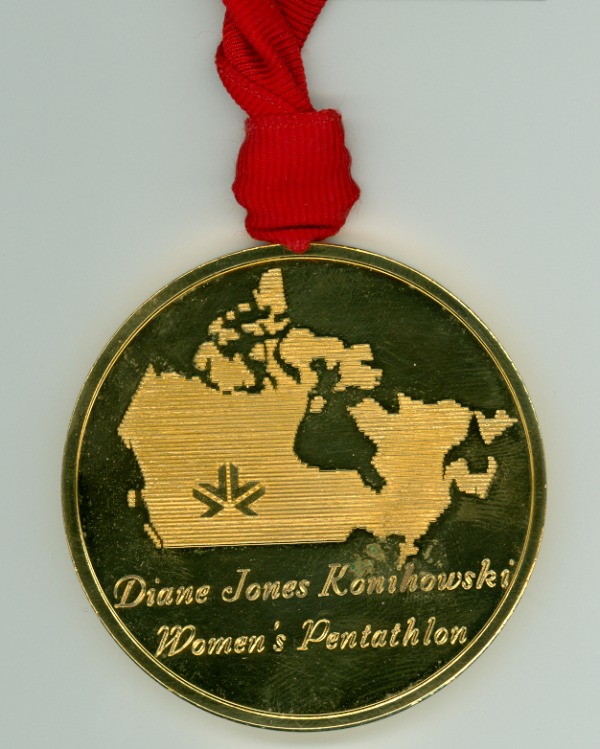
Pentathlon is a grueling sport with the athlete competing in five events. Diane Jones Konihowski trained with discipline, patience and perseverance. Her hard work showed as she won the gold medal with one of the highest scores posted in the world in 1978.
Collection: Saskatchewan Sports Hall of Fame and Museum
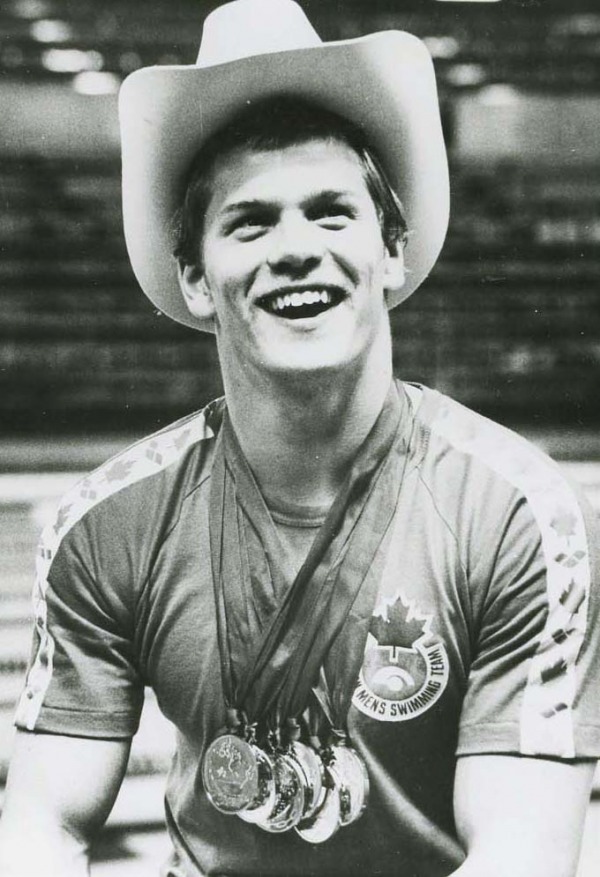
Graham Smith personified dedication and will in his quest to win six medals at the 1978 Commonwealth Games. He considered his father to be his greatest inspiration and with humility and passion he swam each race in his memory.
Collection: Canada's Sports Hall of Fame
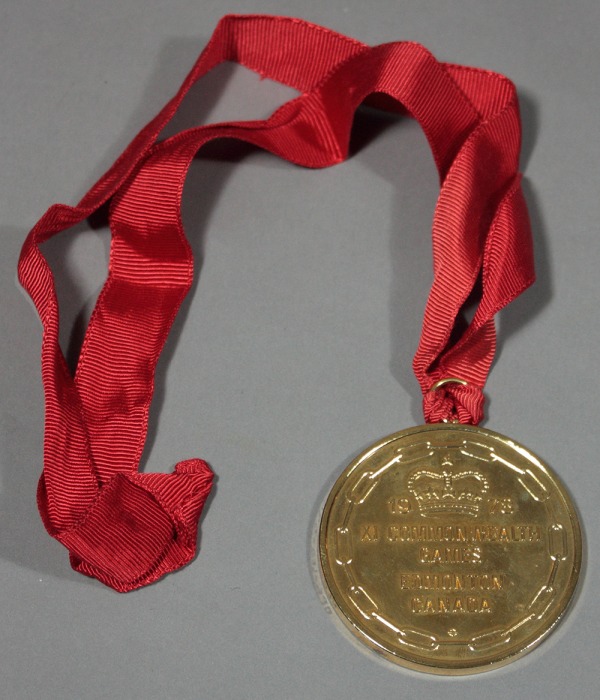
Graham Smith came into the 1978 Commonwealth Games with an Olympic Silver medal already to his credit. He used the experience of swimming at the Olympic Games along with his natural drive and courage to conquer the pool in Edmonton to win his gold medals.
Collection: Canada's Sports Hall of Fame
Previous Next
